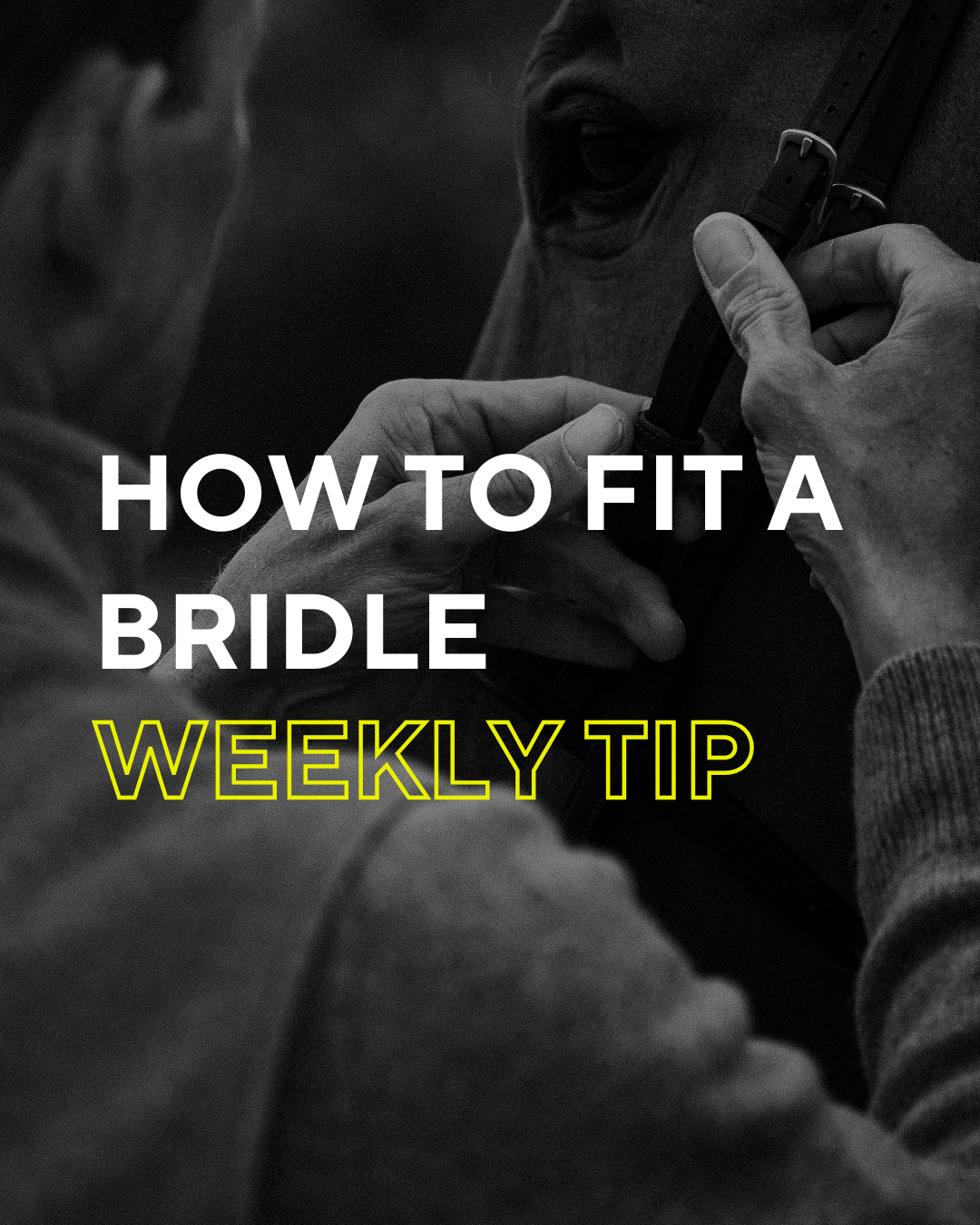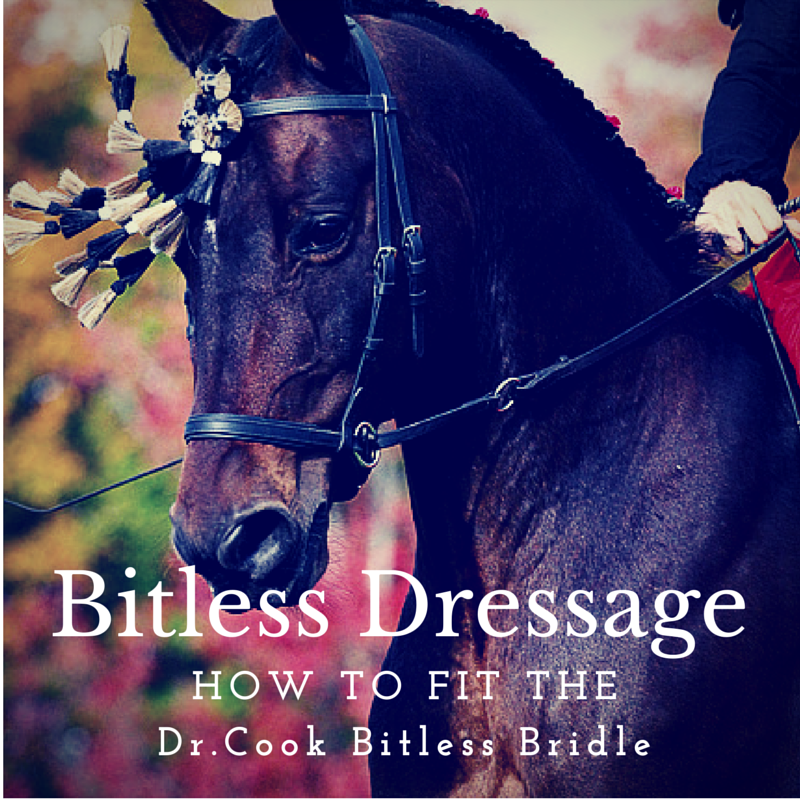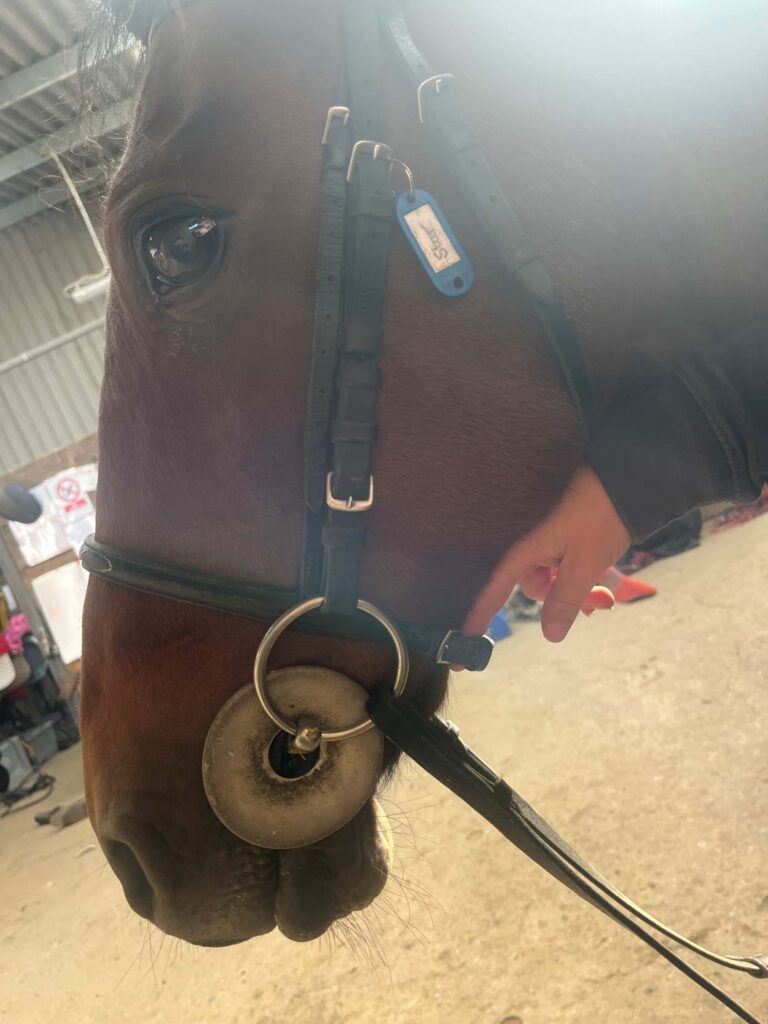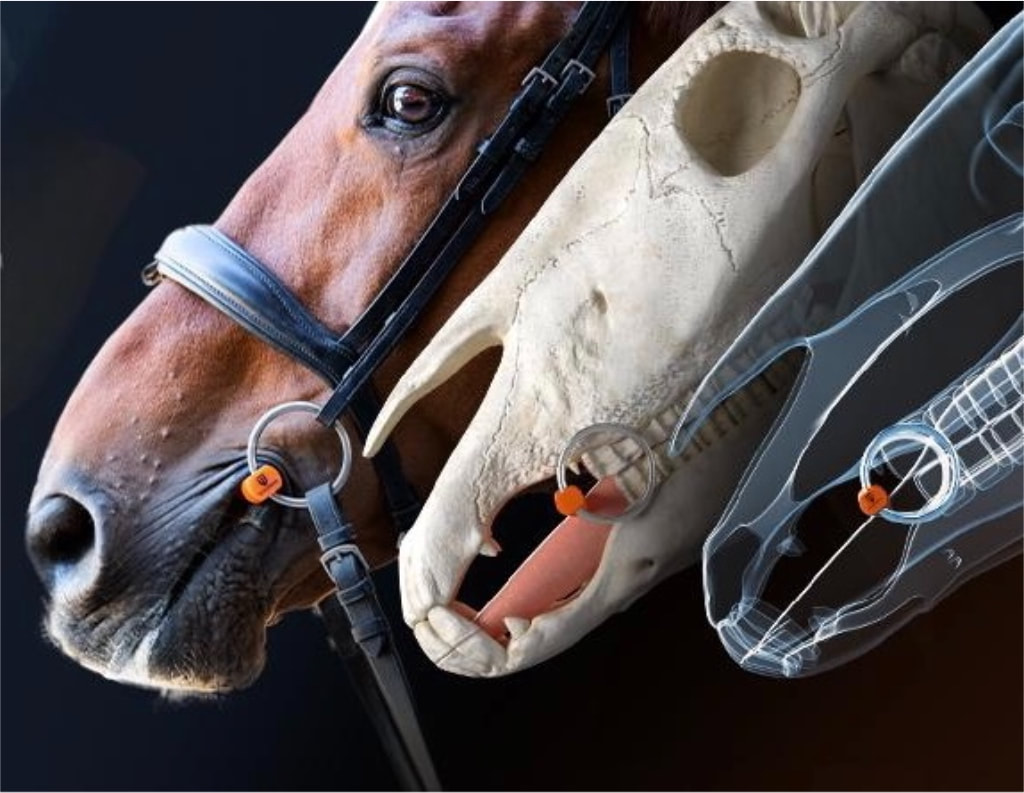How to Fit a Bridle Correctly: A Detailed Guide

Fitting a bridle correctly is essential for the comfort and safety of your horse as well as effective communication during riding. An ill-fitting bridle can cause discomfort, pain, and behavioral issues. This guide will walk you through the steps to ensure your bridle fits perfectly.
Why Proper Bridle Fit Matters

- Comfort: A well-fitted bridle prevents pressure points and rubbing.
- Control: Proper fit ensures better responsiveness.
- Safety: Avoids accidents caused by equipment malfunction or horse discomfort.
Components of a Bridle

| Part | Description |
|---|
| Crownpiece | The strap that goes over the horse’s head, behind the ears.
| Browband | Runs across the forehead, preventing the bridle from sliding back.
| Cheekpieces | Connect the crownpiece to the bit.
| Noseband | Encircles the nose, helping to keep the bit steady.
| Throatlatch | Secures the bridle behind the throat to prevent slipping.
| Bit | The metal piece placed in the horse’s mouth.
Step-by-Step Guide to Fitting a Bridle
- Prepare the Horse: Ensure the horse is calm and standing squarely.
- Place the Crownpiece: Gently slide the crownpiece over the horse’s ears.
- Adjust the Browband: It should lie flat without pinching or being too loose.
- Fit the Cheekpieces: Attach the bit and adjust cheekpieces so the bit sits comfortably in the mouth, creating slight wrinkles at the corners.
- Position the Noseband: Place it about 1-2 fingers below the cheekbone; it should be snug but not tight.
- Secure the Throatlatch: Fasten it so you can fit about four fingers between it and the horse’s throat.
- Final Checks: Ensure all straps are secure, the bit is correctly positioned, and the horse shows no signs of discomfort.
Common Mistakes to Avoid
- Noseband too tight causing breathing issues.
- Browband too short causing pinching.
- Bit too low or too high causing mouth pain.
- Throatlatch too loose leading to slipping.
FAQ
Q1: How tight should the noseband be?
A: It should be snug enough to stay in place but loose enough to allow the horse to open its mouth slightly.
Q2: Can I use the same bridle for different horses?
A: Only if the horses have similar head sizes; otherwise, adjustments or different bridles are necessary.
Q3: How often should I check the bridle fit?
A: Before every ride, as changes in the horse’s condition or tack wear can affect fit.
Summary
Fitting a bridle correctly involves understanding each part’s function and ensuring the bridle sits comfortably and securely on your horse. Regular checks and adjustments will promote your horse’s well-being and improve your riding experience.
By following this guide, you can confidently fit a bridle that supports both your horse’s comfort and your riding control.
